How did you find yourself on a search and rescue ship?
I was a history student back in The States, after which I was a teacher for a while and then I did my Master’s degree in Global Policy.
When I came back to Malta seven years ago, I worked in that field with a number of organisations and I also did a six-month stint at the Foreign Ministry on their Irregular Migration desk.
That was interesting, but I felt as if I was on the wrong side of the power dynamic, and I quit over the issue of the deportation of Malian people back to Mali about two years ago.
The Maltese Immigration Authority detained 30 Malian nationals for a long period of time while they waited for paperwork.
It was a misguided policy from the beginning, and the Immigration Authority ended up not actually returning these people to Mali because they could not get the paperwork from the Malian government.
It was a misguided policy on humanitarian grounds because Mali is not a safe place, partly due to an Islamic Jihadi rebellion.
I really felt as if I wanted to be on the other side. I had already interviewed some of the migrants while they were here in Malta, trying to discover the nature of the smuggling routes, and how the migrants were trafficked or made the journey – depending on which language you want to use.
Sea-Watch was operating in Malta the whole time, but I did not have much of a relationship with its personnel until about a year ago, when I started volunteering with them.
That was really around the time that their vessel was detained here.
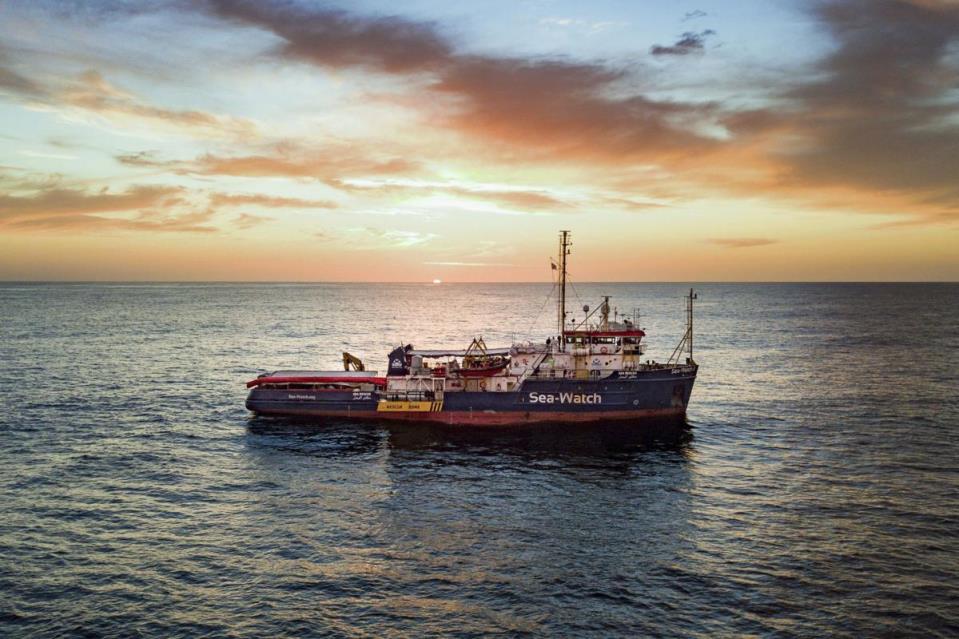
Do you think being Maltese gave you a different perspective since we are, or were, in the epicentre of the migration issue?
Yes and no. As you say we are geographically at the epicentre, and the war zone is right on the horizon, so I think there is some responsibility just by proximity.
We tend to be at the epicentre politically, as well.
The government of Malta bears a disproportionate burden when it comes to irregular migration, like all the front-line states.
Nevertheless, migration politics are big on the Maltese political scene, especially at EU level.
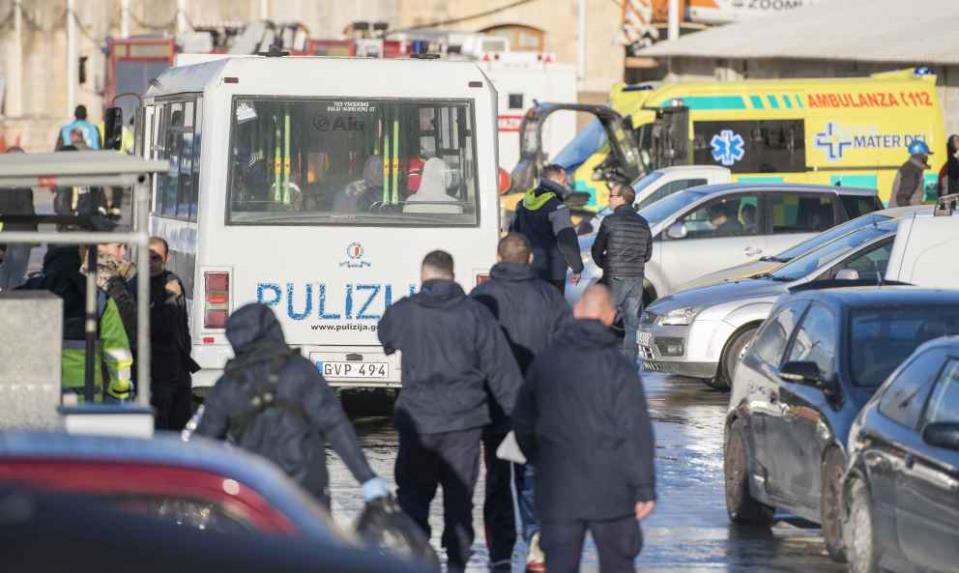
What do you think about the way the situation is being handled in Malta?
I think it’s a mixed bag. Starting with the criticism, it is deeply problematic that Malta supports the Libyan Coast Guard, which is really just a hotchpotch of militias that are financed through a Command and Control Centre in Tripoli.
There is essentially no accountability and no control. In short, Malta has outsourced the responsibility to carry out refoulement.
The footage coming out of the detention centres to which migrants are being returned is really reminiscent of footage from Abu Ghraib Prison. They are also widely documented to be places where inhumane and degrading treatment takes place, to use a euphemism. We are talking about brutal torture, gang rape, selling people into slavery and the really dark side of human trafficking.
Another problematic policy is the criminalisation of the NGOs that carry out sea rescues, and this is highlighted by the detention of Sea Watch here, but also by the refusal to provide a port of safety.
This has put a tremendous strain on the NGOs, has driven many of them off the sea and has also resulted in deaths.
The European policy has made the route more dangerous. While the numbers themselves of how many people are crossing are down, in 2018 about three per cent died and in 2019 so far about 11 per cent
On the other hand, the Armed Forces of Malta plays a commendable role in search and rescue having saved thousands of lives throughout the so-called ‘crisis’.

The EU has been talking about disembarkation centres to solve the issue; what kind of system do you think would be best?
Certainly we need a functional, long-term, permanent, European redistribution system.
I completely recognise that there is a disproportionate burden on the front line states, and I completely understand that Maltese politicians want to avoid Malta becoming Europe’s migrant housing centre.
To some extent, this is something I commend the Maltese government for and I would say that the NGOs are in line with this.
It is a slightly sticky question in that there are big divisions in Europe over this policy, between frontline states and countries such as Hungary which flatly refuse to participate in a redistribution system.
In my mind it boils down in part to racism. For example, during the stand-off in January Mount Etna erupted, and a number of Maltese mayors came out and offered refuge to any Sicilian who needed it.
That is certainly commendable, but it does give the impression of being slightly hypocritical when you have a boat sitting off your shore full of people who are fleeing from a war-zone, and they’re not allowed to enter port.
We have an ethical and legal responsibility to rescue people in distress at sea, provide an immediate port of safety and consider asylum claims. Beyond this, Malta, and the EU more broadly, must expand legal avenues to migration.
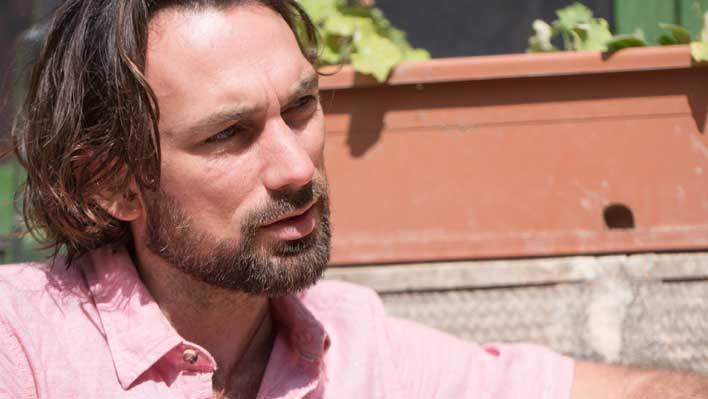
In mentioning the rise of Populism, Norman Lowell recently announced his candidacy for Europe, and he has used the ‘race card’ in his rhetoric. Do you think people vote for individuals such as Lowell because they themselves are racists or because politicians seem to be dragging their feet to resolve this issue?
I would certainly shy away from calling anybody who voted for Lowell a racist, although I think that there is definitely an element of racism in his platform.
There is a profound element of fear that is at play, and there is a capacity of demagogues to get people scared of migrants. With all our power and privilege as Europeans, we are actually afraid of anyone coming off a vessel with nothing.
On the economic issues the migrants may bring, we must note that here in Malta we already import a tremendous amount of foreign labour, but discriminate against different types of migrants.
The answer to that is quite simply that we need strong labour laws that protect everybody because otherwise we will obviously have people who are undercutting the domestic labour market.
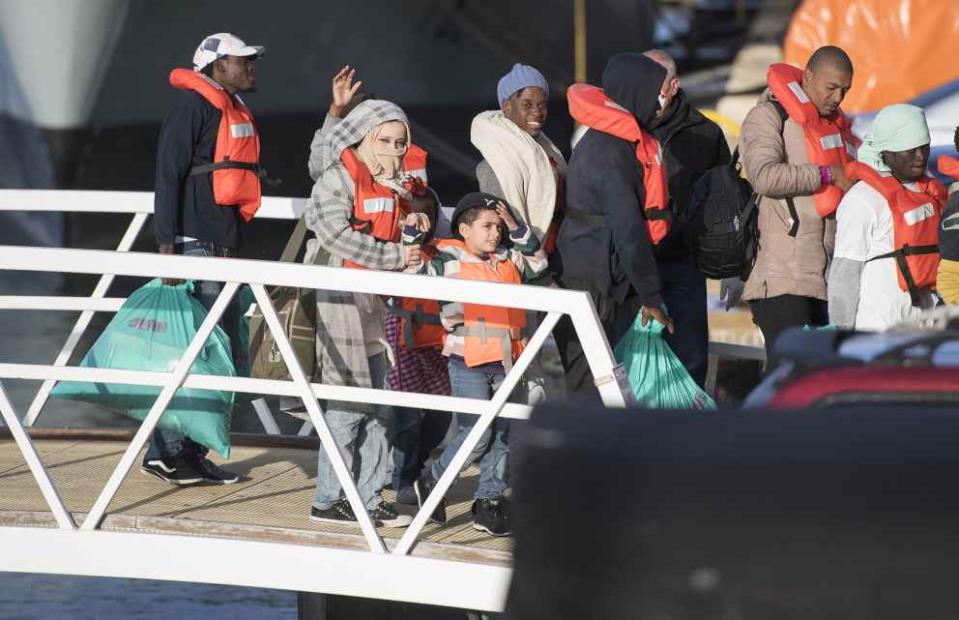
Does the reality that criminals sometimes get to Europe through NGO ships ever prick your conscience?
Sure. Of course there’s the possibility of this happening, but here are a few things to consider. Certainly, if you are a member of a terrorist organisation, or if you are coming to Europe to do harm, then you are probably not going to try taking a route on which your risk of dying is one in 10.
The vast majority of these people are trying to get out of Libyan detention, or are trying to pursue some dreams that are not possible at home.
As a society, we are faced with the choice between on the one hand introducing what seems to be a very slight degree of risk, and on the other providing refuge to people who are genuinely vulnerable.
We have to ask ourselves whether we are willing to take a tiny risk in exchange for doing what’s right.
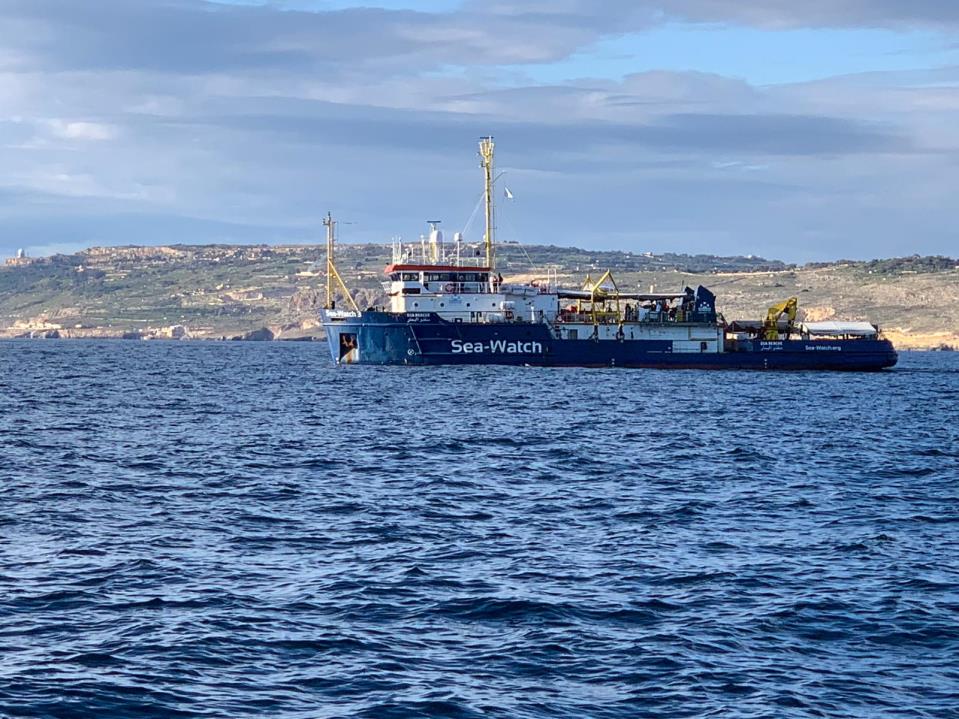
How do you feel when people compare you to your grandfather, and do you also feel that they expect you to take decisions based on decisions he may or may not have made?
I have a mixed relationship with it to be honest. I have a really profound respect for him. He taught me a lot – both as a person and in his commitment to certain ideals – so I do see that him being my grandfather influenced me and that what I do is an extension of him.
My relationship with him was primarily a grandson-grandfather relationship, it wasn't a political relationship in any way.
I don’t necessarily think that people foist a certain expectation on me that I be somebody because he was my grandfather, or that they would expect the same behaviour and desire to lead or something of that sort.
As an ideal, I don't believe in inherited privilege and inherited legacy. We do not want political systems where we have this type of generational leadership.
It is not good for the Maltese democratic system, and it causes me to shy away from this legacy aspect that comes from being Dom’s grandson.
At the same time, if it’s something that I can translate into giving a voice to the voiceless, or having a positive humanitarian effect on the ground, then I will run with it.